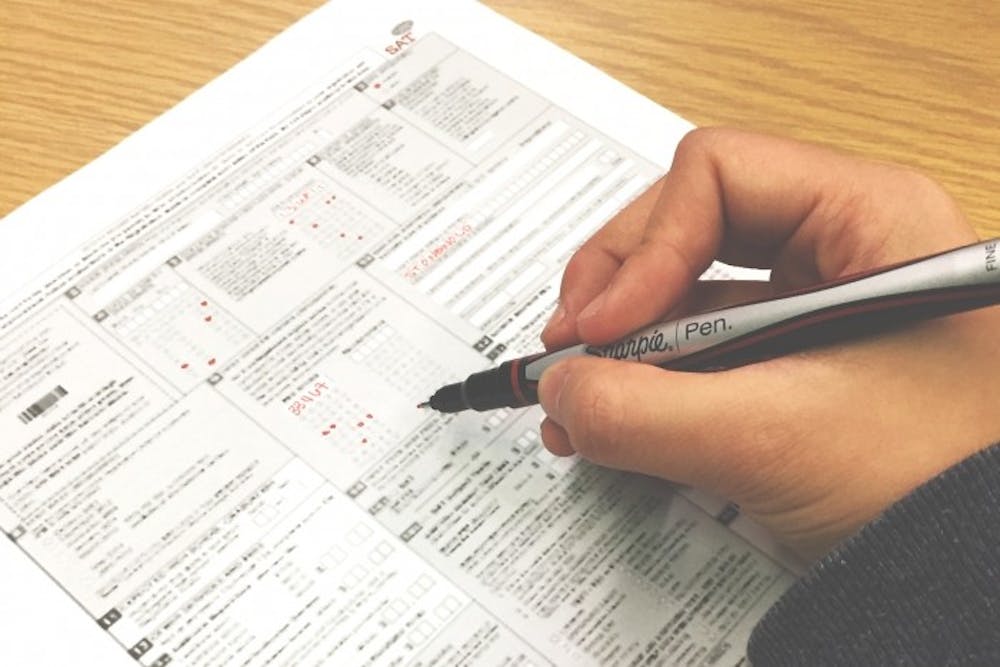
Late this past August, freshmen at universities around the country were lugging overstuffed suitcases into their crowded dormitories where they would spend the next four years. For one student at the University of Rochester, however, that journey was cut short the next day.
The freshman, who applied as a home-schooler, had her acceptance revoked after the school discovered her transcript was a fraud, and she had actually attended a private school.
The ease with which this student was able to produce a false transcript and gain acceptance to a university has raised questions about the validity of home-school applications. Home-schooling advisors, however, insist that there are still many ways to verify a home-schooler’s academic record.
Jeanette Webb is the founder of Aiming Higher Consultants, a college counseling service that specializes in Christian home-school applicants.
“The day really is long gone when home-schoolers’ classes and grades are given by parents,” Webb said. “That’s kind of a fallacy.”
For home-school students wishing to apply to Penn, the Admissions Office encourages students to provide as much information as possible, also urging applicants to provide recommendations from instructors outside their homes and standardized test scores whenever possible.
Dean of Admissions Eric Furda estimated last year that Penn receives only about 20 home-school applications each year.
Webb also noted that many home-schoolers submit coursework from outside sources on their college applications.
“The majority of the people I have worked with have taken classes from multiple venues,” Webb said. “[For example,] Johns Hopkins Talent Search, colleges that are close by, online providers where they have outside teachers. [The transcripts are] also validated by SAT, ACT, SAT Subject Tests and [Advanced Placement] scores.”
Jamie Heston, the phone line coordinator of the HomeSchool Association of California, said that in some states, parents file a Private School Affidavit each year, formally registering their homes as private schools.
Heston said that parents have the option of producing their child’s transcript themselves or using the services of a private printing company like Transcript Maker. These transcripts are not verified by the printing service and are entirely composed of applicant-submitted data. Heston added that some applicants may choose to notarize their home-school transcripts, which involves having a notary public vet, certify and keep a record of the transcript.
“Typically, home-schoolers will have a transcript that is not ‘Alegebra I: A-minus,’” Heston said. “In our case there might be more of a narrative. [It might say,] ‘My child used this book to learn algebra and took this college course.’"
"Sometimes there needs to be some explanation or narrative that goes along with the transcript,” she added.
For the former Rochester freshman, she was not caught due to any detective work on behalf of Rochester. Her ruse was exposed after someone at the private school she attended saw the freshman’s social media post about her college plans.
Penn’s Admissions Office has previously said that they do not routinely screen applicants’ social media profiles.
The Daily Pennsylvanian is an independent, student-run newspaper. Please consider making a donation to support the coverage that shapes the University. Your generosity ensures a future of strong journalism at Penn.
Donate






